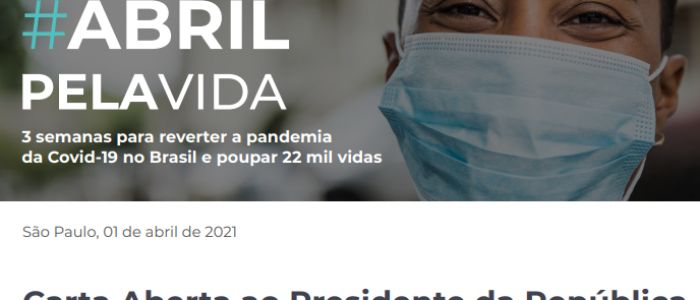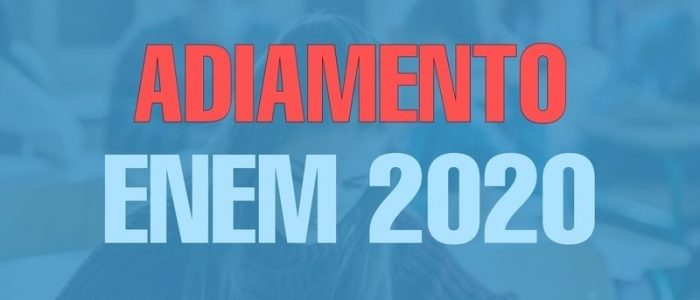The group of family members of Covid victims – Grupo Vítimas Unidas (United Victims Group) – faced the pain of not even being able to say goodbye virtually to their loved ones. Therefore, the group created an online petition to pressure for the approval of Bill 2136/2020 , which became Law 14.198/2021 – the Maria Albani Law – .
The initial proposal of the project was to guarantee the right of families to say goodbye to their loved ones who were victims of infectious diseases. This is possible today, even if only through video calls. And the proposal was that this right be guaranteed by all hospitals in the country.
In the face of the new coronavirus pandemic, families of Covid-19 patients faced not only the pain of loss, but also the absence of the moment to say goodbye to their loved ones who could not receive visitors. There were more than 119,000 signatures on the online petition and 49 on the Chamber's website by April 2021.
Access the online petition here for the right to virtual visits and farewells for loved ones who were victims of Covid-19 .










